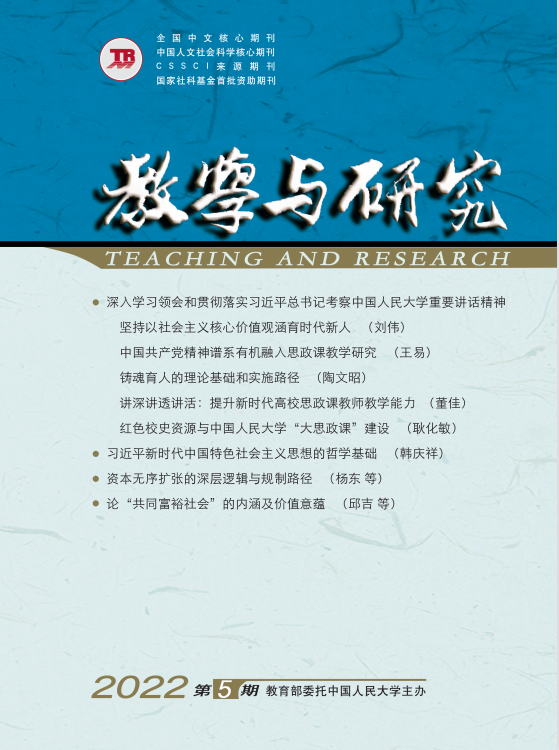Since the 18th National Congress of the Communist Party of China (CPC), the CPC Central Committee, with Comrade Xi Jinping as the core, has attached great importance to the development of ideological and political theory courses in colleges and universities from the strategic perspective of cultivating builders of and successors to the socialist cause, and put forward clear requirements for teachers to deliver ideological and political theory courses in an insightful, thorough and lively way. This paper argues that in order to make the ideological and political teaching have a strong appeal and attraction to students, teachers should focus on improving the teaching ability in the following three aspects: first, using academic politics to explain insightfully the teaching content concerning “what it is”; second, provide indepth investigation and skillful guidance to clarify the theoretical logic as regards “why it is”; and third, broadening the horizons and make alive the rational understanding regarding “how to perceive it” through multiple channels, so that students can listen to, remember, use well and spread out the ideological and political theories. It is to achieve the purpose of ideological and political teaching for educating people for the Party, cultivating talents for the country, and provide a more solid foundation and stronger support for the realization of the second centenary goal and the great rejuvenation of the Chinese nation.



